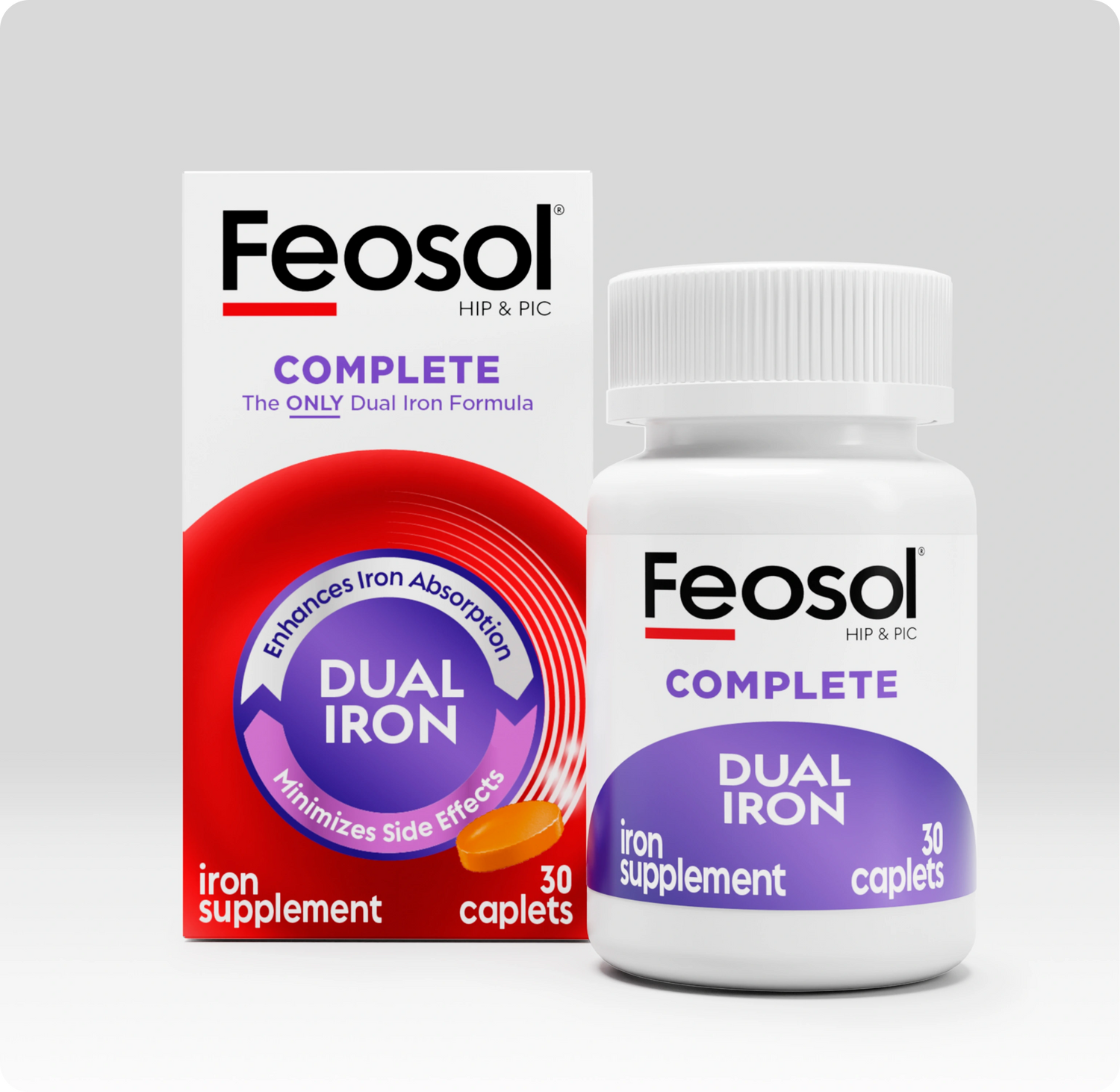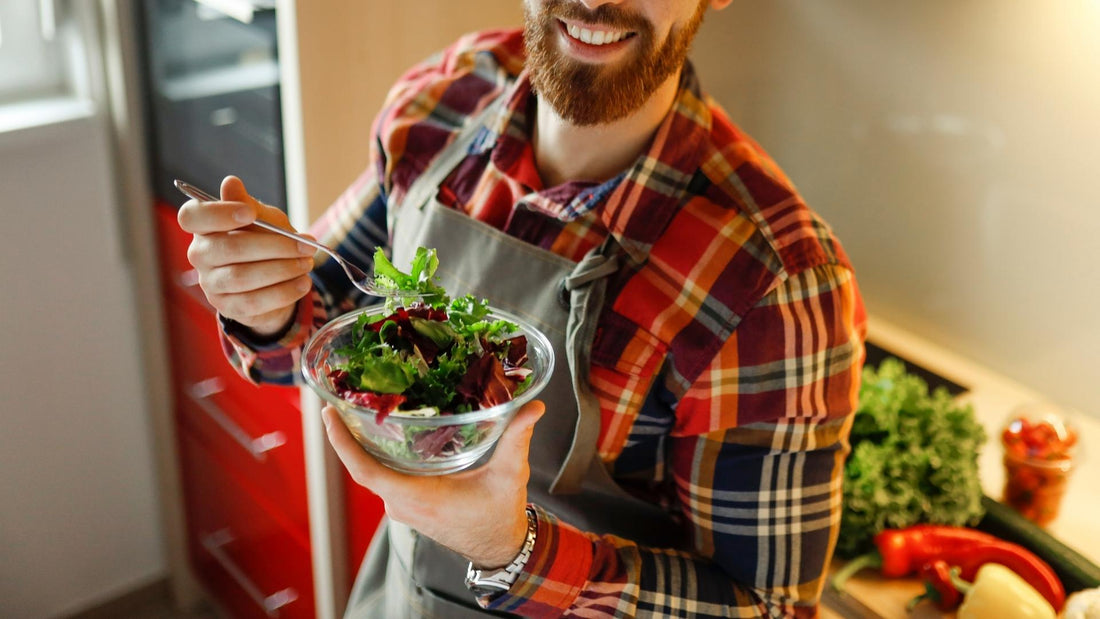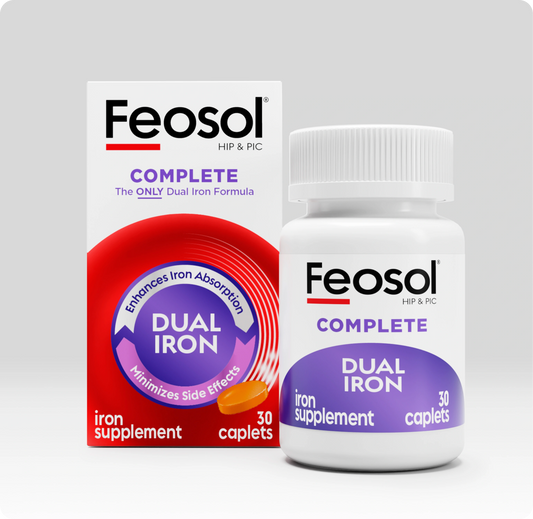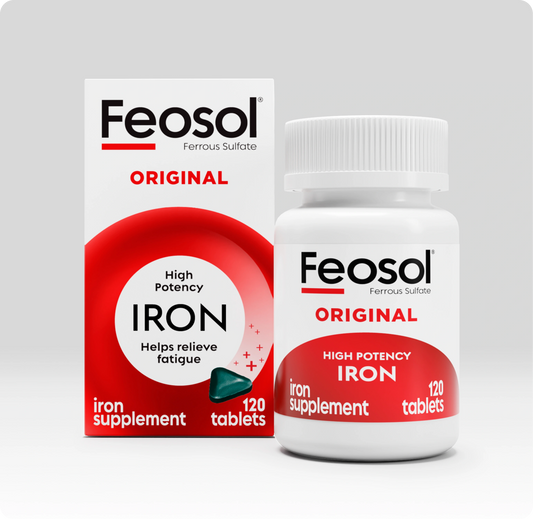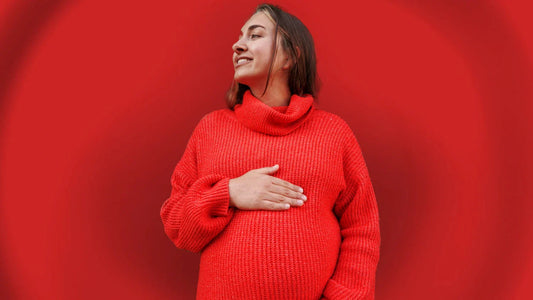Vegetarians and vegans often have greater difficulty meeting the body’s iron needs than non-vegetarians because the iron in plant foods is not absorbed as efficiently as the iron in meat. Because of the body’s inability to absorb plant-based iron effectively, vegetarians have a higher incidence of iron deficiency and iron deficiency anemia than meat-eaters.
Animal-Based Iron vs. Plant-Based Iron
There are two main types of iron: heme iron (found in animal products) and non-heme iron (found in plant products).
Heme Iron Sources: Beef, lamb, pork, chicken and fish.
Non-Heme Iron Sources: Dark green leafy vegetables, nuts, seeds, legumes, whole grains, fortified cereals, dried fruits, eggs, dairy products.
Vegetarians and vegans must rely only on non-heme iron, which is less easily metabolized; meaning that many vegetarians find themselves iron-deficient, despite the fact that they may actually consume adequate (non-heme) iron in their diets.
Total dietary iron intake in vegetarian diets may meet recommended levels; however that iron is less available for absorption than in diets that include meat. Essentially, the iron is there, but the body is unable to absorb it efficiently.
Should vegetarians and vegans take iron supplements?
The National Institutes of Health suggests that strict vegetarians (those who exclude all animal products) need to eat twice as much dietary iron as meat-eaters. This is due to the lower absorption of non-heme iron in plant foods.
For this reason, many doctors recommend iron supplementation for vegetarians – especially athletes and females (both are naturally at a higher risk for iron deficiency).
Non-Heme Iron Supplements
Whether you’re vegetarian or vegan, if the idea of swallowing an animal based (heme) iron supplement doesn’t sit well with you, don’t worry. You can add a non-heme iron supplement to your diet in the form of ferrous sulfate, or if you prefer a gentler option, carbonyl iron.
Only your doctor can tell you for sure whether adding an iron supplement to your diet is a safe and healthy option. If you are vegetarian or vegan, or if you strictly limit your consumption of red meat, you may want to discuss iron supplementation with your health practitioner.
-
National Institutes of Health: Office of Dietary Supplements. Dietary Supplement Fact Sheet: Iron. Retrieved from: http://ods.od.nih.gov/factsheets/iron/#h8 on March 6, 2012.
